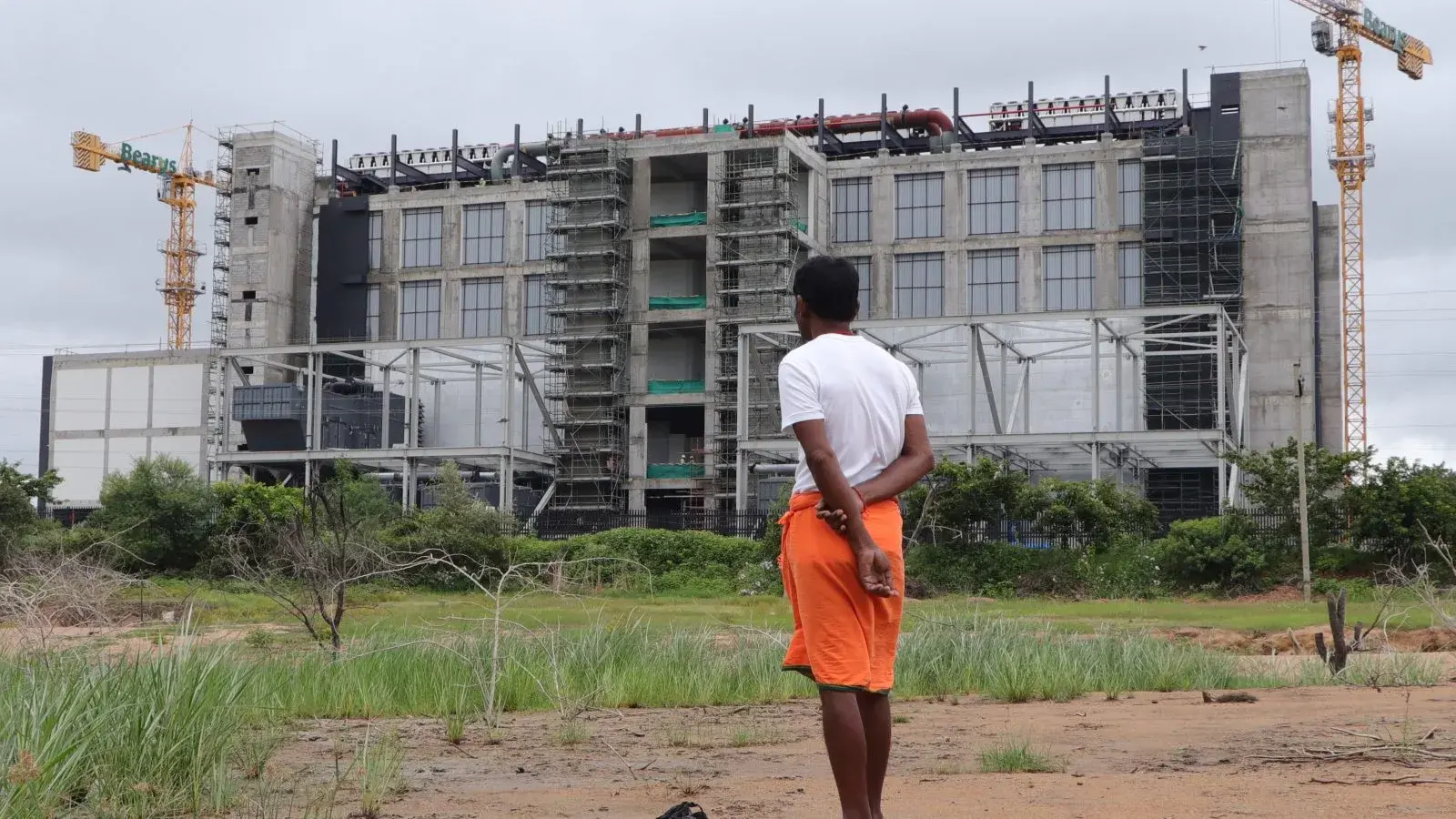“These big companies think they can enter small villages like ours, take our land, and destroy it.”
- Microsoft is building a data center in Mekaguda, a village in the southern Indian state of Telangana, which is expected to start operations by 2025. About 70% of the construction has been completed.
- Last month, the state government intervened after Microsoft cited problems with the local village council.
- A group of local residents has filed a petition against Microsoft, claiming encroachment and the dumping of industrial waste in a nearby body of water. The court hearing for the petition is pending.
Addition: Why are E-Waste Strategies in Need for Sustainable Data Centers?
E-waste in data centers encompasses a wide array of discarded IT equipment such as servers, power distribution units, and other electronic components that are no longer in use. Despite the rapid pace of technological upgrades, the alarming statistic from the UN forecasts that e-waste volumes could reach 74.7 metric tons globally by 2030.
Not that I doubt the locals or anything - and like, fuck Microsoft - but what kind of industrial waste would a data center have?
From the article, it sounds like the facility is still under construction, so I imagine there might be construction waste, but that’s not really my field and I don’t know what that looks like. Runoff cement?
So construction waste is a subcategory of industrial waste. Typical industrial waste includes toxic materials like excess cement, fiberglass, bits of plastic from wires and cables. But once the data center is in place, most likely the waste will be e-waste in nature. Think heavy metals, copper, and yet more plastic. And the thing is… This is why they’re putting this data center here. Disposing of this toxic waste will be cheaper because it’s less regulated. The long term cost of high tech industries like this to neo-colonialized communities like this is the communities themselves. It doesn’t matter to Microsoft they’re making the water undrinkable. They don’t have to live there.
And realize, too. Bill Gates’ philanthropic missions aren’t accidents. He may not run the show at Microsoft anymore but he still benefits greatly from their business. His philanthropic efforts aren’t about making the lives of people who are exploited better. They’re about maintaining that cheap form of labor just a little bit longer. And that may not be Bill Gates’ actual intention, but the fact of the matter is he’s a billionaire. He could make much larger changes in the world by not being a billionaire. He has power and influence to do things the rest of us can’t, but instead of treating the illness he treats the symptoms. His actions sustain the system he benefits from
deleted by creator
Microsoft is still who vetted and hired the contractor and who selected the location.
And yeah. Past CEOs of Microsoft have continued to be shitty. They’re who’s responsible for what’s going on. I just wanted to talk about the ways white knight philanthropy doesn’t help, it just perpetuates colonialism, and Bill Gates+Microsoft have always been in lock step in this regard.
The point is the true villain here is colonialism
deleted by creator
Maybe a local construction company dumping stuff?
Maybe the construction requires the clearing out of old buildings/material and they are not properly disposing of the old materials? I can totally see a shitty contractor doing this. Still Microsoft’s responsibility.
deleted by creator
What industrial waste? Hot air?
Try reading the article. The factory hasn’t opened yet. They’re dumping the waste from construction in a lake.
I’m thinking of a “used” chilled water after flushing the pipe system?
Unused, expired diesel fuel (wtf)?Old shredded hard drives are also produced by data centers? But I guess these locals want to see some profit from their neighboring data center.
Shredded SSDs? It’s a ceramic dust.
By ceramic dust you mean it is not poisonous? Or are some rare earth materials / heavy metals in there that poison drinking water?






